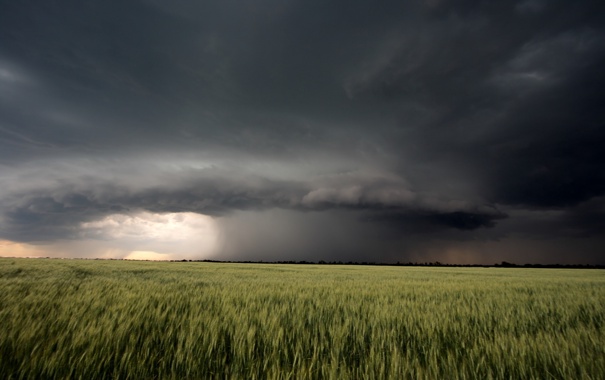With heavy rain falling in Kazakhstan’s major wheat and barley growing regions over the last three weeks, the Foreign Agricultural Service (FAS) of the US Department of Agriculture has trimmed its production forecast by 10% since its last projection on Aug. 20.
In a report released on Sept. 10, the FAS said it now sees Kazakhstan’s wheat output for the 2024-25 marketing year at 14.2 million tonnes, a decline of 1.6 million tonnes in less than a month. It also projects a 400,000-tonne reduction in barley production from the previous forecast, now projecting a 3-million-tonne crop.
“Due to almost daily rain in Kazakhstan’s major growing regions, wheat and barley production has been reduced in quantity and quality,” the FAS said. “Farmers report grain becoming wet and putrid and falling onto the ground. They estimate most of the current crop has fallen from grades 1 and 2 to grades 3 and 4.”
It noted that about 70% of the country’s wheat and barley crops have not been harvested.
“Farmers from grain producing areas requested an additional 67,700 tonnes of diesel fuel and 21,500 tonnes of liquified petroleum gas for us in drying machines at a preferential price from the government,” the FAS said.
The massive rain event comes after the Kazakhstan government enacted restrictions on wheat imports from all countries in all forms of transportation, except for transit or movement within the Eurasian Economic Union, consisting of Russia, Kazakhstan, Belarus, Armenia and Kyrgyzstan. The edict is valid from Aug. 21 to Dec. 31.
In addition to being among the world’s top 10 wheat exporters, Kazakhstan is the world’s second largest wheat flour exporter, shipping mostly to other Central Asian countries and Afghanistan.
The International Grains Council (IGC) in July said that based on what was then projected to be “ample local supplies,” Kazakhstan was forecast to reach a seven-year high in 2024-25 at 2.9 million tonnes (wheat equivalent), up 400,000 tonnes from the April update. The IGC’s next quarterly update will come out later this fall.




